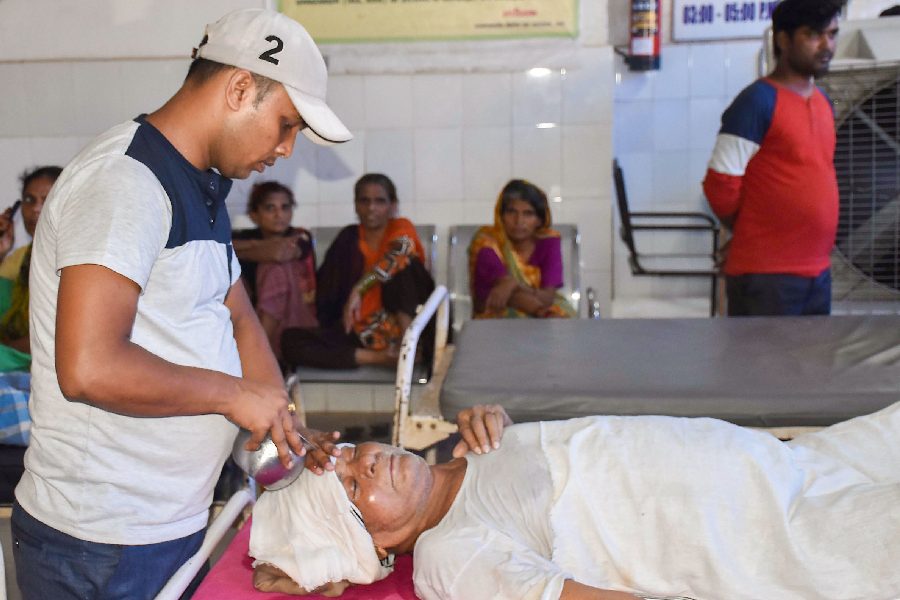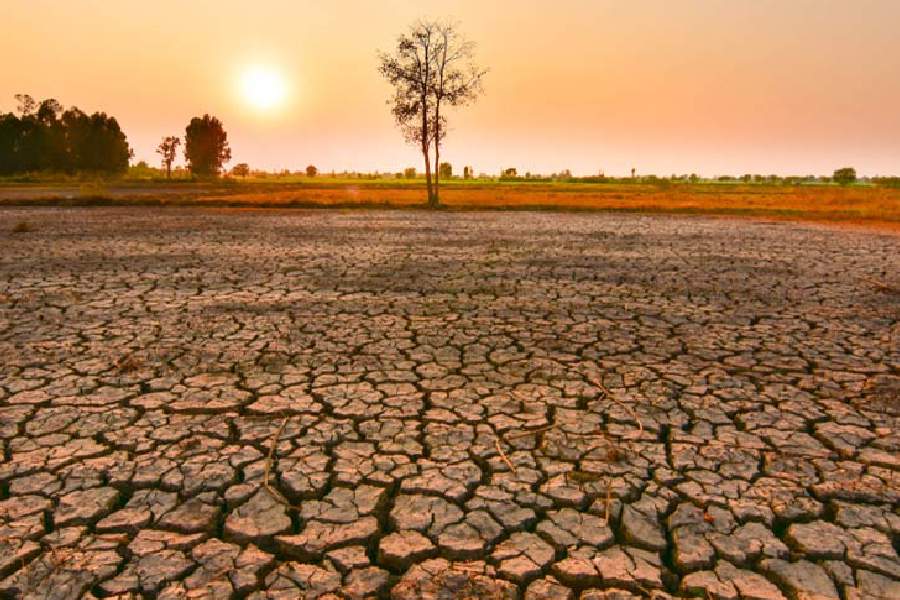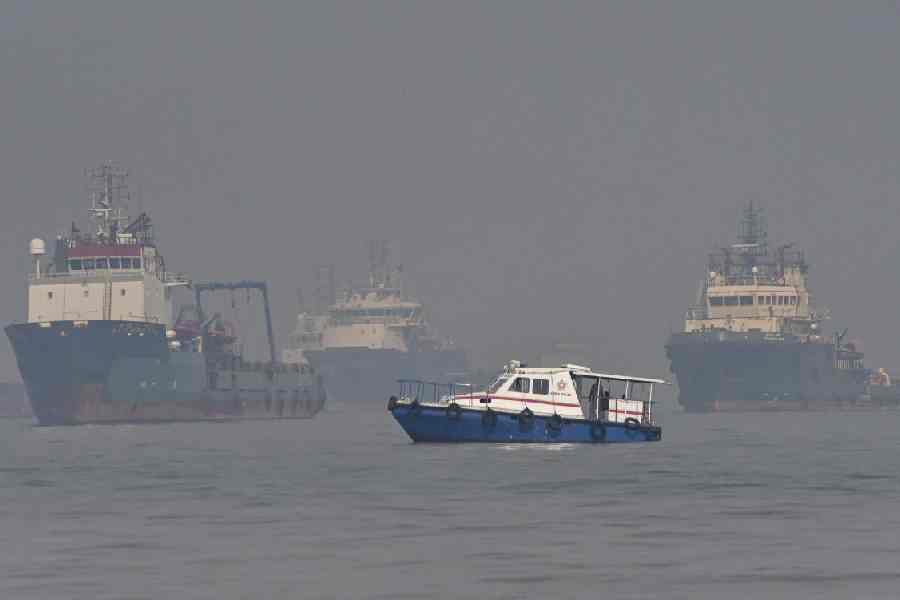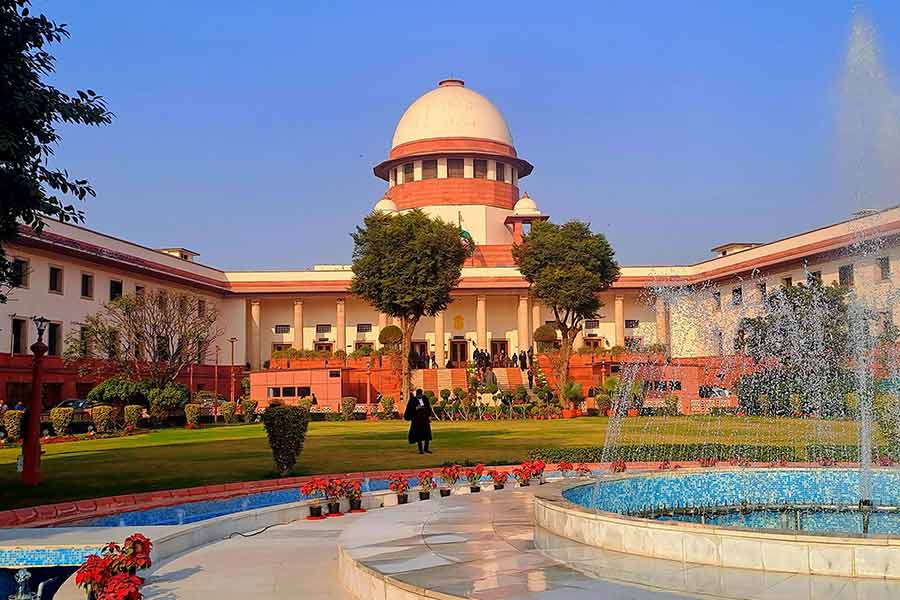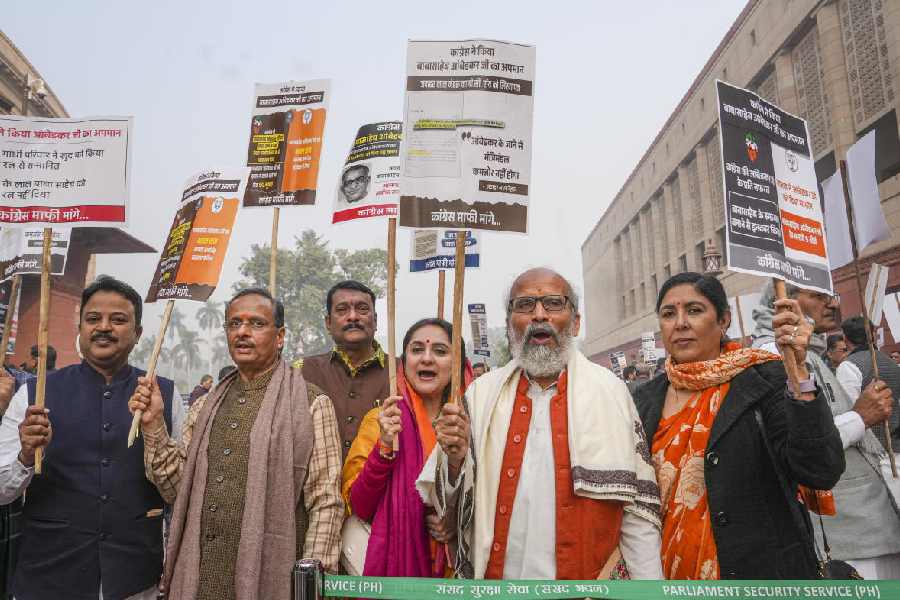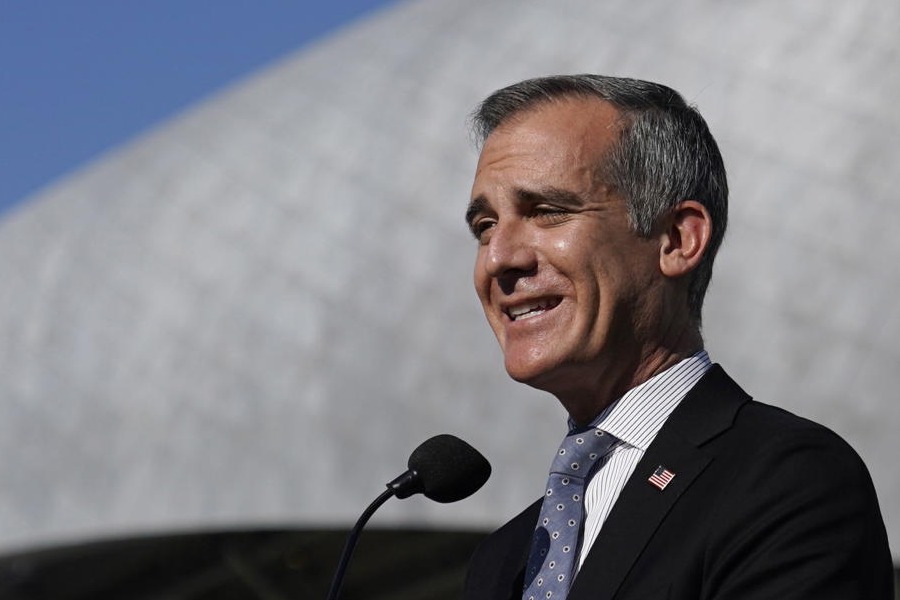A team of experts from the Union health ministry, ICMR, IMD and NDMA will visit Bihar and Uttar Pradesh to support the two states in public health response measures to address heat-related illnesses.
This was directed by Union Health Minister Mansukh Mandaviya on Tuesday as he chaired a high-level meeting related to public health preparedness for heatwave management across the country.
Union Minister of State for Health Bharati Pravin Pawar and Dr V K Paul, Member (Health), NITI Aayog, were also present at the meeting. Several states have been experiencing severe heatwave conditions for the last few days.
Underscoring the importance of sturdy and timely preparedness through awareness and early actions, Mandaviya also directed the Indian Council of Medical Research (ICMR) to conduct research on how to minimise the effects of heatwave on health, with specific short, medium and long-term action plans.
The health minister said the Centre has taken timely measures ahead of the summer season to address heatwave-related illnesses.
Prime Minister Narendra Modi chaired a meeting to review preparedness ahead of the summer season in March, while the health ministry issued a heatwave advisory in February, advising the states to review health facility preparedness in terms of essential medicines, intravenous fluids, packs, ORS, drinking water as well as dissemination of necessary IEC materials.
The National Action Plan on Heat Related Illnesses was also shared with all the states.
At the meeting, Mandaviya was briefed on the status of heatwaves in various states and the preparedness of central agencies in terms of availability of required supplies and hospital infrastructure to provide timely and effective healthcare services.
It was also apprised that daily surveillance on heat-related illnesses under the National Programme on Climate Change and Human Health (NPCCHH) has been ensured in all states and districts through the Integrated Health Information Platform (IHIP) and all the health facilities have been asked to participate using the P-form level login.
The National Action Plan on Heat Related Illnesses, prepared by the Union Ministry of Health and Family Welfare (MoHFW), was released in July 2021. It outlines the standard operating procedures (SOP) for surveillance of heatstroke cases and deaths with a preparedness plan before and during the summer season.
It also provides a special emphasis on Heat Related Illnesses (HRI) in elderly, infants and children, pregnant women, outdoor and manual workers, and other vulnerable sections.
Under this action plan, states are advised to increase resiliency to extreme heat at the level of health facilities by ensuring uninterrupted electric supply, installation of solar panels and measures to reduce indoor heat through a cool or green roof, window shading, outside shades etc.
"Sensitisation of masses is important, but sensitisation and capacity building of medical officers, health staff and grass-root level workers on heat-related illnesses, their early recognition and management is also important," Mandaviya said.
He urged the states and central agencies to enhance awareness among people regarding the preventive measures through multi-media IEC campaigns.
Mandaviya asked the India Meteorological Department (IMD) to issue daily weather forecasts in a manner that can be easily interpreted and disseminated.
Except for the headline, this story has not been edited by The Telegraph Online staff and has been published from a syndicated feed.

